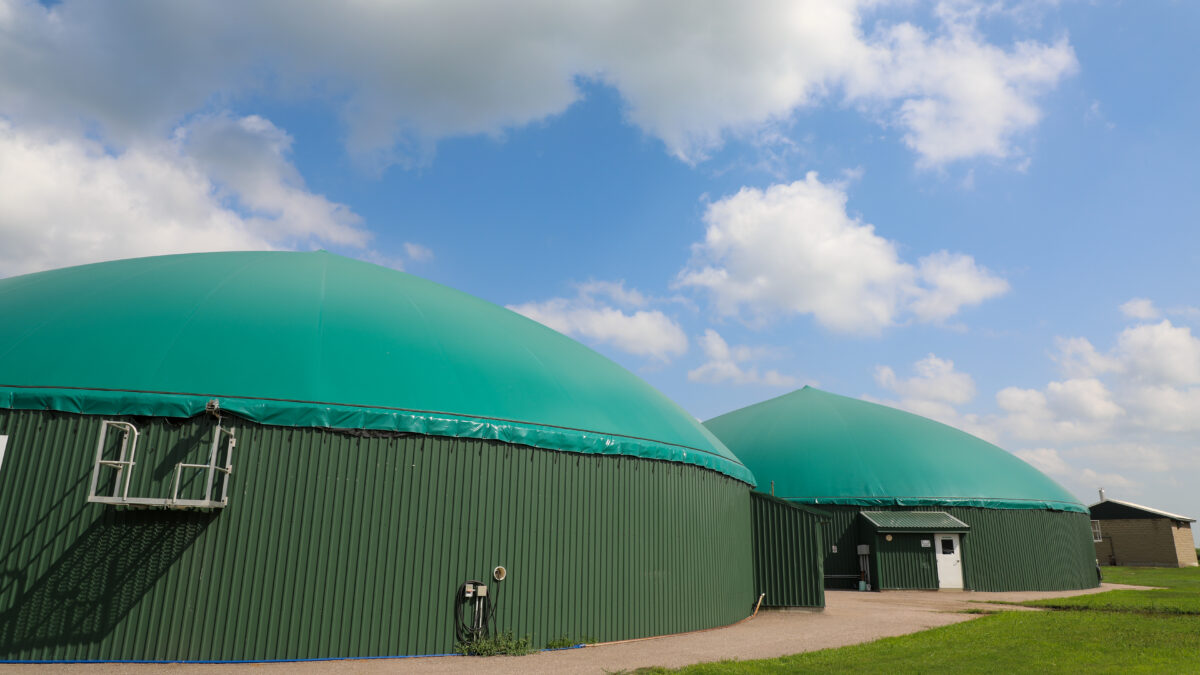4 Ways We are Keeping our Farm Sustainable
Guest Author
Special Contributor to FB.org

photo credit: Right Eye Digital, Used with Permission
Guest Author
Special Contributor to FB.org
When people talk about sustainability, I like to point to generational farms as an example. I'm the sixth generation in my family to live and farm on the same land. For 137 years, my ancestors have been taking care of the land and water in order to ensure that we can raise great crops for our cattle and preserve good pasture for their grazing. We have always taken care to make certain that the creek that flows behind our house is kept clean. My great-great grandma hauled water from it, my great grandma washed their clothes in it, and now we responsibly irrigate from it. We're not only taking care of it for us, we're doing it for future generations of farmers. Since my family came back to the farm nine years ago, we have also made many strides in sustainability.
Energy efficiency
First, we installed a tube cooler, which is a more energy-efficient way of cooling milk.
Milk comes out of a cow at about 100 degrees, and it needs to be cooled to 37 in the bulk tank. We use a water jacket pipe to cool the milk and then use that water for the cows to drink. So instead of going from 100 to 37, it goes from 50 to 37 utilizing water we were already going to use for an additional purpose
We're also using heat that is a by-product of the cooling system.
Our bulk tank that has cooling compressors uses refrigerant, fans, and a radiator which generate heat. So we capture the heat coming off of the system and use it to pre-heat the water for the water heater. The cooling system would generate the heat anyway, but we're capturing it to help heat the water that has to be really hot for the sanitary washing system.
Nutrient management
We test the soil so we know exactly what it needs, and we test our manure so we know what nutrients we have.
We store our manure in a lagoon in the winter. It's not ideal to spread in the winter, and this way we can save it for the fall and spring when it's the best time to work it into the soil.
We send the soil and manure samples to a lab, and taking into account the weather and yield potential, we have a good idea of how best to fertilize the soil. We program it all into GPS, and we are able to then specify exactly where we need the right amount of fertilizer in each part of every field.
By making use of our testing, we are able to get more crops out of the same amount of land. We also rotate crops, rotate our pastures, and make sure that every harvest is the best, most responsible use of the land possible. It's been feeding cattle for decades, and we want it to continue to do so for years to come.
Feed efficiency
By managing the cows' nutrition, we have been able to generate more milk from the same amount of animals.
On a weekly basis, we test the cows' feed, because its components change based on where it is in the pile, which field it came from, and the rate of fermentation. We then check their manure, and we compare these readings to the milk components that are tested every day. Based on these factors, and with help from our nutritionist, we decide on the cows' ration - meaning what amounts and different kinds of feed they are getting.
The feed ration also changes based on age and where they are in their pregnancy. Due to paying close attention to these factors, we 've been able to increase the amount and quality of milk from the same amount of cows on our farm.
Future Plans
We are always researching ways that we can improve the way we farm. We're not just doing it for us and for our children, but for all the generations to follow. It's exciting to see the improvements that have been made just in our lifetime - and we're looking forward to seeing what happens next. This farm will be here longer than any of us, and we're happy to have our turn taking care of it the best we can.
Carla Wardin, a member of the second class of USFRA's Faces of Farming & Ranching, is a dairy farmer from Michigan. She and her husband, Kris, are the owners of Evergreen Dairy in St. Johns, Michigan, where Carla is the sixth generation to be farming on her family's farm. This column was originally published at www.fooddialogues.com
Top Issues
VIEW ALL